The Square Enix Collective has backed a number of interesting games since its inception in 2014, showcasing a thriving indie community while providing the marketing resources of a powerhouse publisher, which small studios usually only dream of.
One such title that’s found its footing through the Collective is Tokyo Dark, a noir adventure game that simultaneously straddles the visual novel, RPG, and horror genres, and ties a unique aesthetic into a gripping narrative. It has a caliber of production that belies the size of the studio developing it.
Culture Shock
Recently, we spoke to Cherrymochi’s creative director, Jon Williams, who has been absorbing the culture and atmosphere of Japan for some time.
“I moved out to Japan from the UK in 2009; initially I only intended to stay for a year, but life happened and I’m still here now. For the past 3 years I’ve been running Cherrymochi, a small game dev studio I co-founded in Kanagawa, south of Tokyo.”
Williams runs the studio with his wife and eight years of cultural immersion has certainly helped imbue Tokyo Dark with its own character. As an Englishman in a new land, we asked if the culture shift has proven significant?
“There are good and bad points to every country in the world and subtle cultural differences everywhere. Japan, when the ground stays still, is a very pleasant place to live.”
Williams has done plenty of research on the city, its sewers, and its overall vibe. Japan is a country that has its ups and downs — often literally, given the frequency of earthquakes that have wreaked havoc upon the nation. Yet, inspiration often springs from dark times, and it was one particular event which led to the idea for the game.
The themes and ideas in Tokyo Dark originated during our experiences of the 2011 Tohoku earthquake, particularly the blackouts that affected our area during the nuclear disaster. Tokyo without its neon, giant TV screens and lights is a very different place. Tokyo was quite literally dark. We started brainstorming ideas for an urban horror set in Tokyo besieged by earthquakes, while sat in blackouts in Tokyo, besieged by earthquakes — well, they do say write what you know!
Darkness Falls
Urban horror is an apt description of a game that has been inspired by many facets of popular culture, including House of Leaves — a horror novel where it is implied that the titular house actually eats people. As to whether supernatural events are more literal or metaphorical in Tokyo Dark though, we’re told to “wait and see.”
However, the Eurogamer Expo showing in 2016 revealed a sinister undercurrent to the game, as Detective Itō goes off in search of her missing partner and encounters him in the sewers with a maniacal woman holding a knife to his throat.
Dark themes such as sanity, neurosis, and suicide are featured in the game, and some of the mechanics revolve around the mental health of Itō herself — an intriguing premise, but one which, in conjunction with other aspects of the horror genre, might not be to everyone’s taste. Williams isn’t concerned.
The SPIN system (SANITY, PROFESSIONALISM, INVESTIGATION, NEUROSIS) takes influence from pen-and-paper role-playing games. Tokyo Dark is an anime-inspired work of noir fiction; we hope that players will find our approach to these issues satisfying.
EGX and other playthroughs have certainly helped shape the game’s development. Originally, some of the toughest puzzles were designed to require actions “outside of the game” to solve. Thanks to feedback, this has since changed.
It might seem obvious, but an important lesson we learnt from playtesting is that any action that requires you to minimize the game window and head to Google quickly leads to a loss of immersion and damages the experience rather than improves it. We’ve focused on keeping these additional elements within the experience of the game itself.
An End In Sight
As development continues, one of the more interesting features is the New Game+ option. Unlike other games, NG+ in Tokyo Dark allows you to work your way around the different choices that influence the 10 different endings in the game (11 including the additional NG+ ending). Essentially, you will be able to see everything there is to see on your second playthrough.
Does Williams see this as a necessary compromise for an oversaturated games market, where players are simply time-limited in what they can complete?
Tokyo Dark is a passion project. It exists because it’s the game we want to play. When I think of my experience playing adventure games and visual novels I love, I might play through the game twice to see some different branching and endings, but I simply don’t have time to complete the same game 10 or 11 times. We think it’s unreasonable to demand this from our players.
Indeed, with so many games on the market — many with multiple endings, such as the staggering 26 in Nier: Automata — time is often the most precious resource gamers have, especially if you consider that plenty of them clock up to dozens if not hundreds of hours. But is there a risk that Cherrymochi risks diluting the experience by revealing all of Tokyo Dark‘s remaining narrative secrets second time around? Williams thinks not.
NG+ makes it easier to unlock all endings during a second playthrough. I don’t think this dilutes the experience but adds to it. There is a lot of content in Tokyo Dark that is impossible to see in one playthrough; by giving players easier access to this the second time around, I think many more players will experience all that Tokyo Dark has to offer.
Players will hopefully agree, and Cherrymochi has been proactive on its Kickstarter campaign in keeping backers informed. Like many titles from small studios, the release of Tokyo Dark has slipped from its original date. While backers on crowdfunding sites can often put pressure on developers to deliver products before they are ready, Williams has had the opposite experience.
Our Kickstarter backers are incredibly supportive. Throughout production, we post detailed fixed scheduled monthly updates covering both good and bad news. We try to be completely transparent about development. I think our backers appreciate our approach.
Indeed, it seems as though Cherrymochi has avoided the pitfalls that many studios stumble into — simply by being upfront. Even veteran developers like inXile came in for criticism by withholding the fact that stretch goals had been cut. Williams takes a far more upfront approach to bad news.
As soon as we realized we could not hit our Q4 original Kickstarter release date, we let the community know as early as possible. The overwhelming response was:
‘Thanks for letting us know, no problem, take your time.’
We consider communication absolutely vital and try to make ourselves as accessible as we can with our Kickstarter updates, weekly backer forum updates every Saturday and Twitter and Facebook posts.
Collective Power
Cherrymochi has had significant help in the form of the Square Enix Collective, which has allowed Williams to focus on the game and leave the majority of the marketing to them. His enthusiasm for the indie initiative is apparent — but are there any restrictions in dealing with them, and how much influence do they truly have on the vision for the game?
Square Enix Collective have been great. They are completely hands off when it comes to development, no restrictions, no influence or input that we haven’t requested. They’ve offered flexibility, help, and support. The Collective are a small team within Square Enix who are passionate about indie games and have understood our approach with Tokyo Dark from day one.
It sounds like a great deal for both parties, and for a first project with such a small team, it’s no doubt helped Tokyo Dark hit the ground running. But as with any game project, there have been issues to overcome — yet Williams is buoyant about the experience.
We’ve made mistakes, we’ve had challenging technical issues, we’ve spent time on features that we later removed from the game, we’ve had times of intense stress and pressure. In every one of those situations, we’ve learnt something that made us a better team and made Tokyo Dark a better game. So I wouldn’t change a thing.
It’s incredibly exciting to be approaching the end of this journey and launching Tokyo Dark later this year.
We’re just as excited to play it, and if the vision of Jon Williams and Cherrymochi pans out the way we’re hoping, there’s the potential for Tokyo Dark to set a new bar for the way visual novels are designed.
Tokyo Dark will be playable at EGX Rezzed London in the Square Enix Collective area between March 30 – April 1.

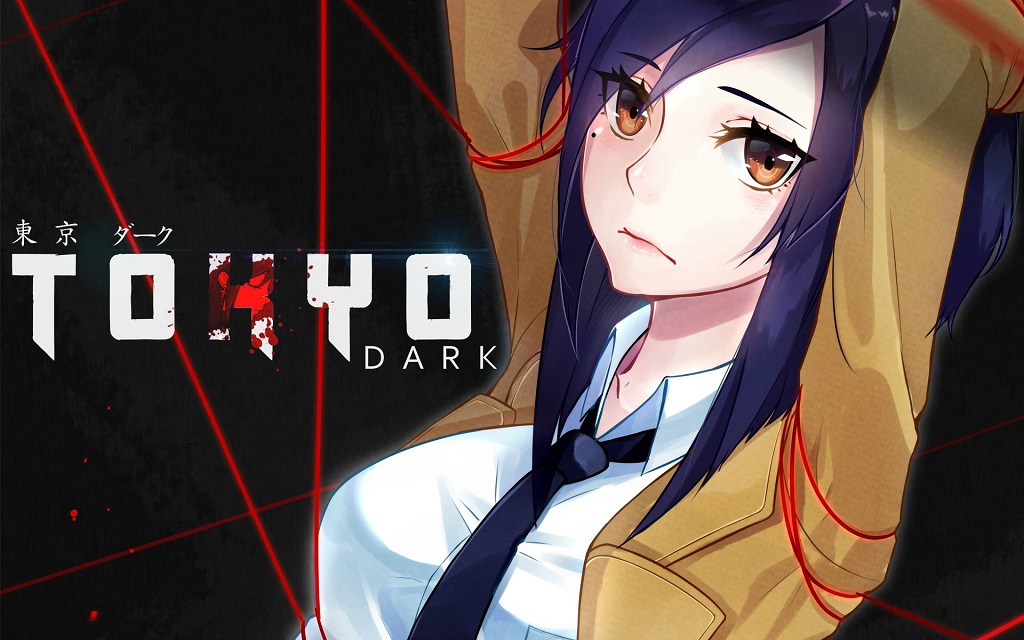
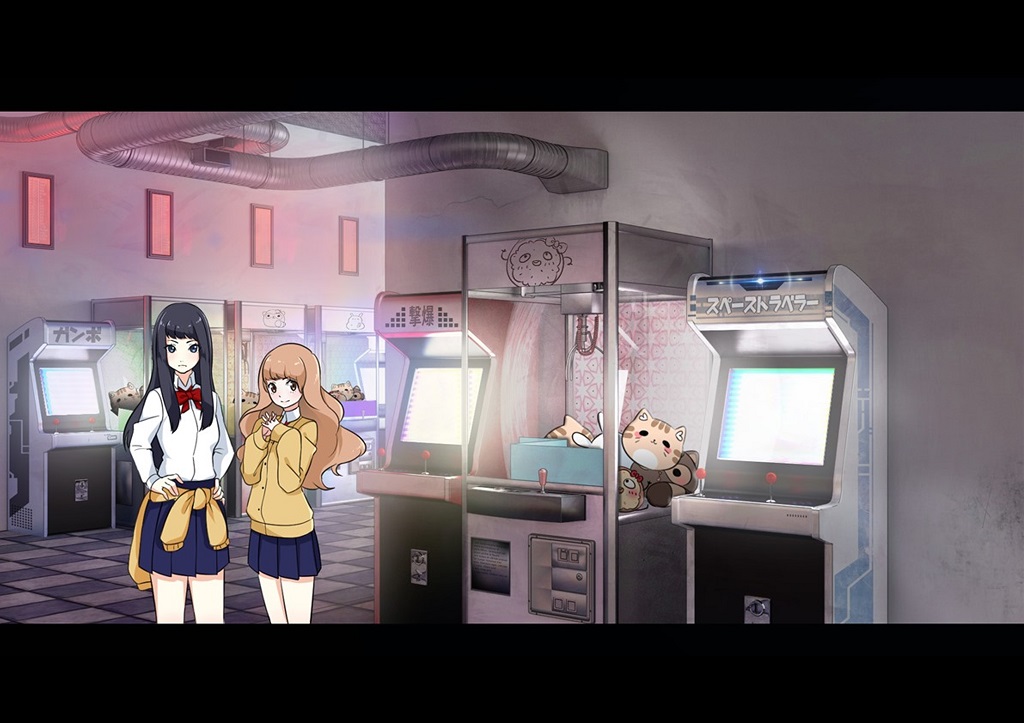
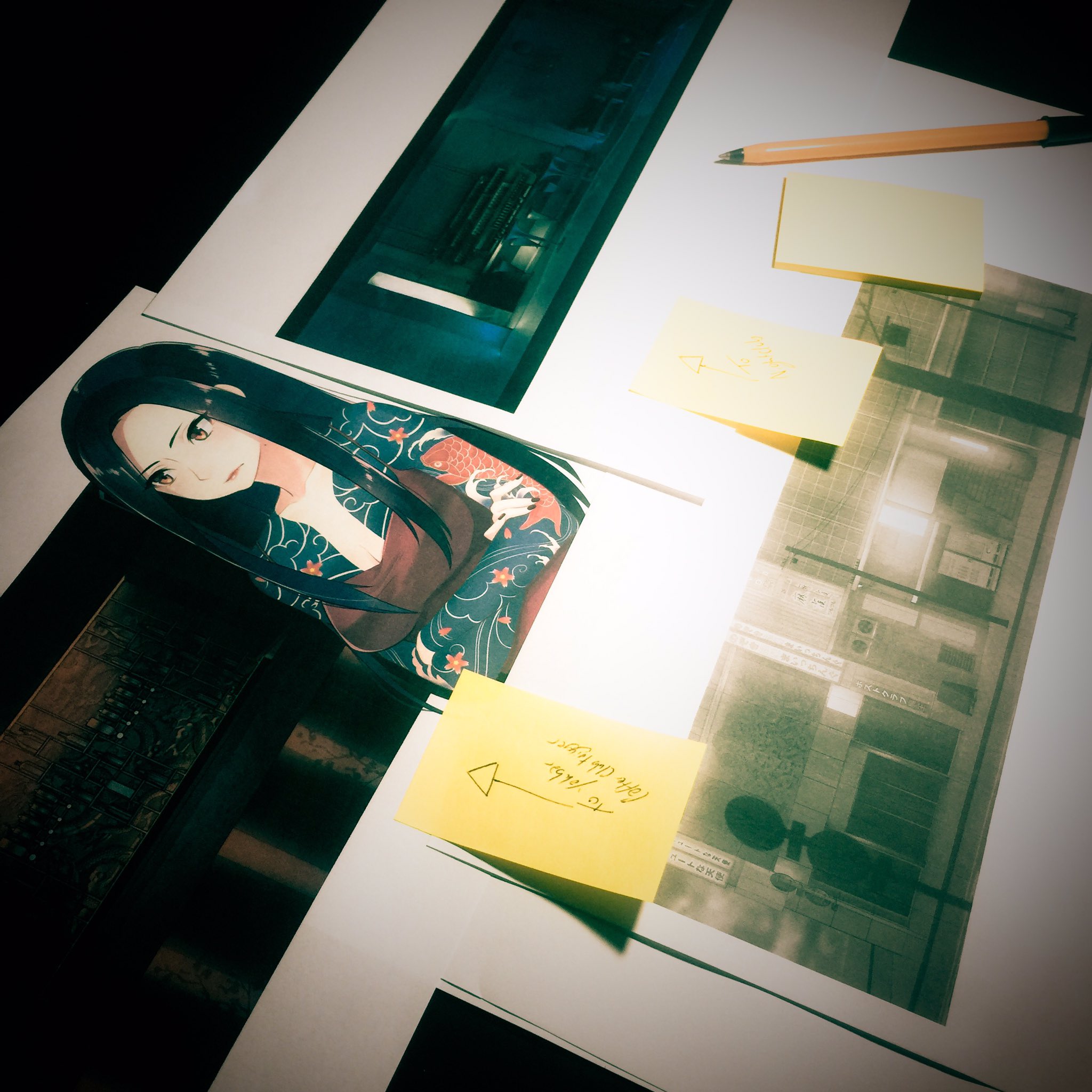
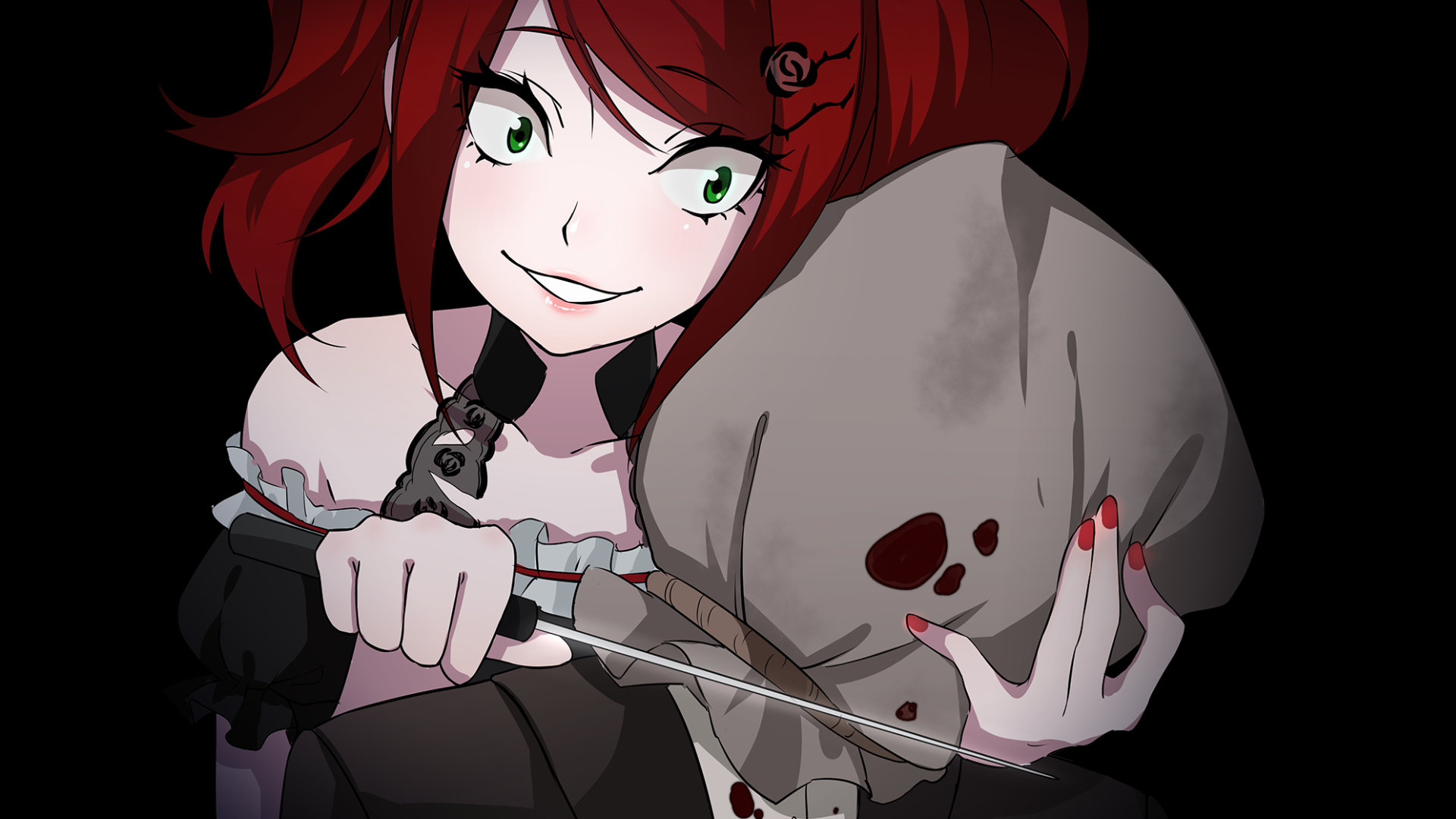
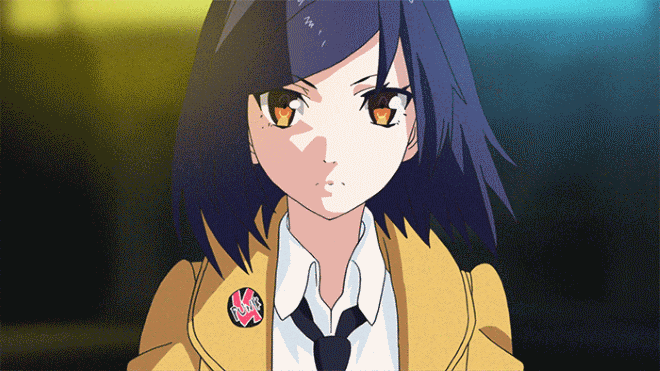
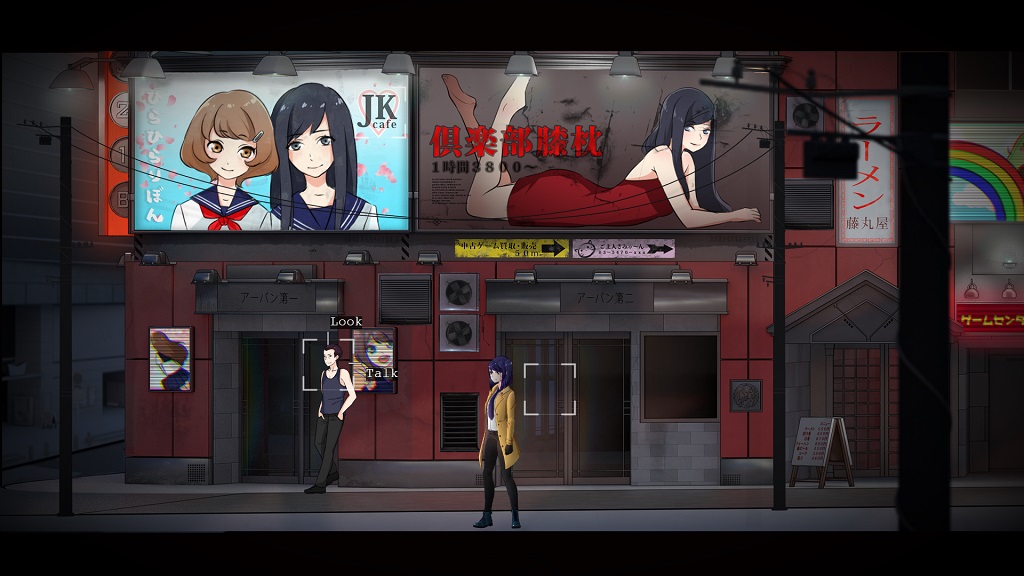
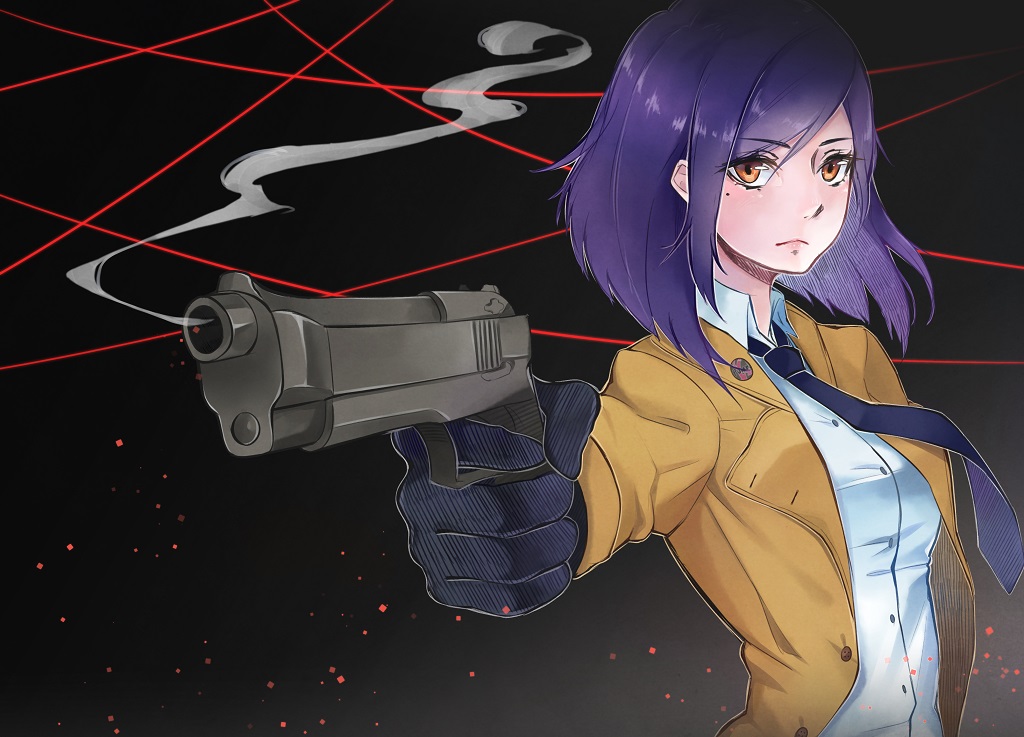





Published: Mar 17, 2017 12:46 PM UTC